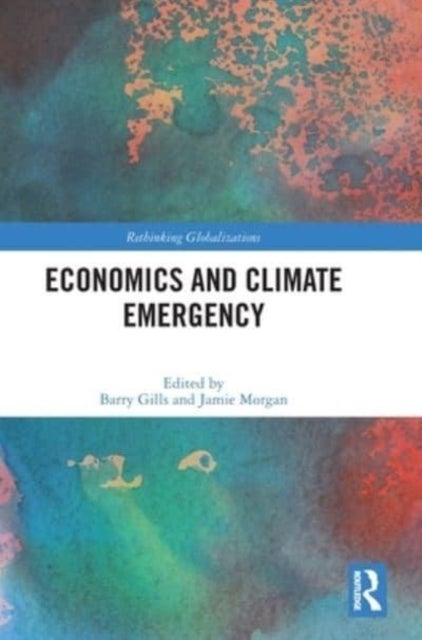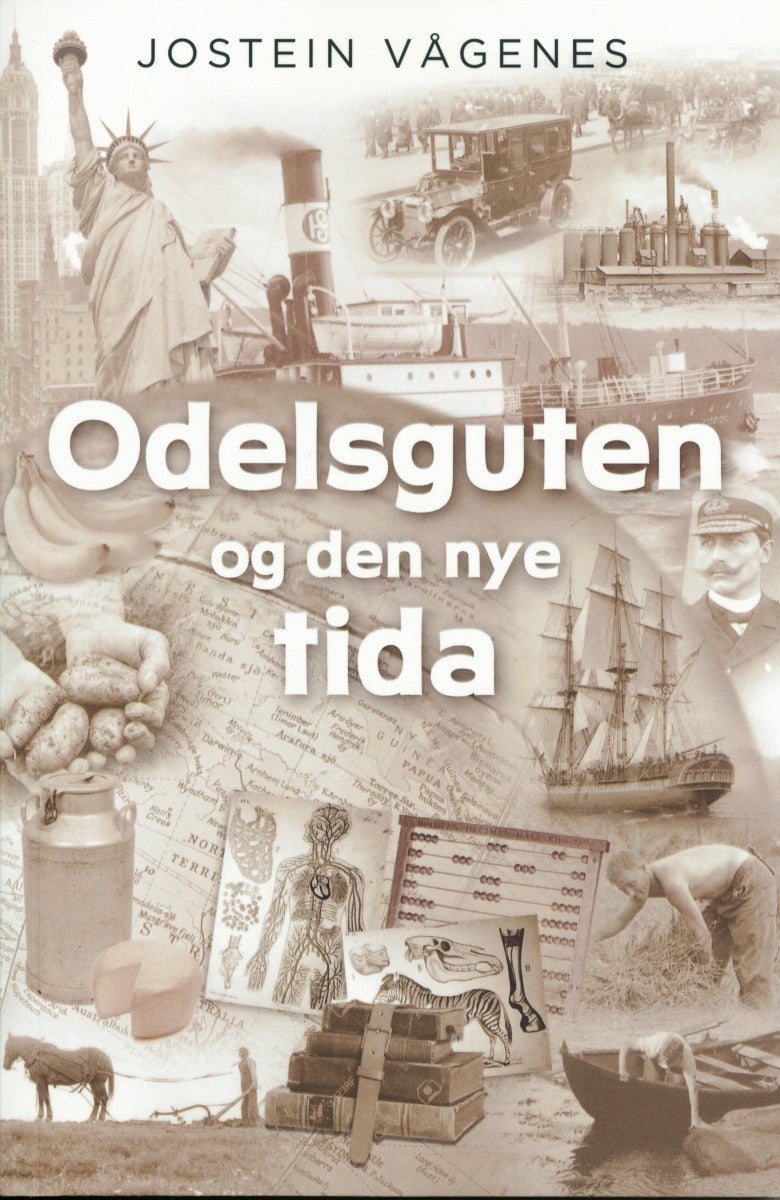
Economics and Climate Emergency
1759,-
<P>This book explores a series of connected themes focused on the role economics and other influential forms of theory and thinking have played in creating the current predicament and the scope for alternatives and how they might be framed.</P><P>Thirty years have passed since the inception of the United Nations Framework Convention on Climate Change (UNFCCC) and the beginning of policy on climate change. Thirty wasted years. To most politicians, long-term collective interest has been denominated in meaningless units of time, a never and forever that has continually delayed action. From complacency has come potential disaster, and we are now living in a time of climate emergency and ecological breakdown. The next decade is a pivotal period requiring fundamental change. But numerous impediments remain. Continual material, energy and economic growth on a planetary scale are manifestly impossible, and yet economic theory takes these as a given and political leadership and policy seem unwi








